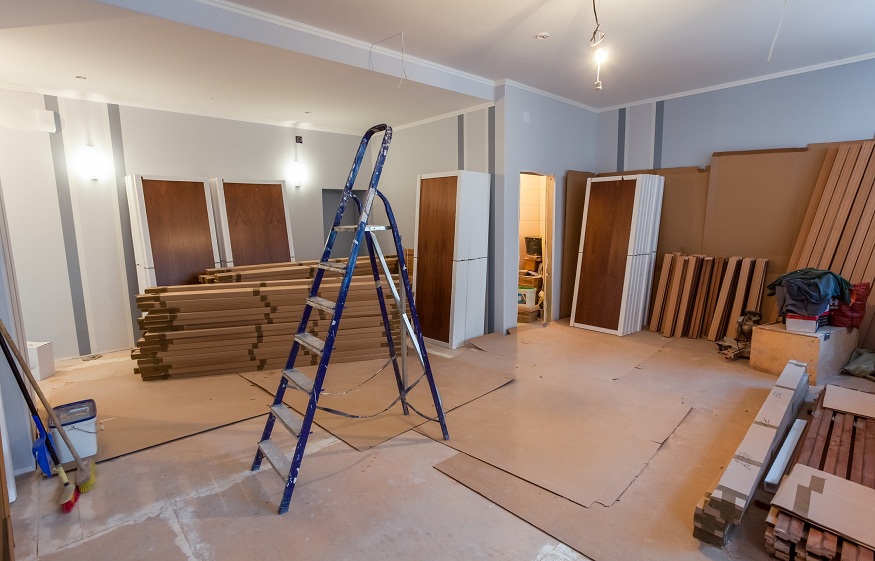Renovating your workplace may be a terrific method to improve the comfort and functionality of the space for your staff. Nonetheless, firms make frequent errors during workplace renovations, possibly leading to future complications. From picking the incorrect contractor to neglecting to prepare for disruptions, here are a few of the most typical errors individuals make while upgrading their office space, along with advice on preventing them.
Here are common mistakes you should avoid when doing an office renovation in Singapore.
Not Defining the Renovation’s Purpose and Failing to Conduct Research
Before taking down walls or shopping for new furnishings, you should take a step back and consider why you are remodelling. What are your objectives? Do you wish to establish a more collaborative atmosphere? Improve employee morale? Increase efficiency? After defining your objectives, you may begin to determine the most effective means of achieving them.
Before beginning the remodelling, research is also a crucial part. Insufficient research or the absence of any research might greatly damage an office refurbishment project. You may better comprehend building dynamics, budget and prepare for unforeseen scenarios through research. You can research various topics, including current office trends, effective remodelling techniques, ergonomic office furniture, and plants. By omitting research, you will fail to examine your demands before beginning the remodelling, jeopardising the project’s overall success.
Failure to Prepare
One of the most common errors when upgrading a workplace is failing to prepare in advance. This can result in delays, financial overruns, and additional issues. Planning your remodelling wisely may prevent these problems and ensure a smooth, stress-free experience.
Again, most businesses fail to recognise that office renovations may temporarily halt operations, necessitating rigorous downtime planning in terms of financial repercussions and customer retention. By shutting down for a few days for renovations, companies may lose a substantial amount of business. To avoid unwarranted disruptions in service delivery and failure to fulfil financial goals, business disruptions must be accounted for in the planning process.
Inadequate Budgeting/Failure to Create a Budget
Office renovations may be costly. Therefore it is crucial to establish and adhere to a budget. Do not overpay on non-essential elements or scrimp on essentials such as comfy furniture and enough lighting. Spending with strategy and forethought will assist in keeping expenditures under control. Ensure you perform extensive market research and establish a firm budget.
Not Employing a Qualified Contractor and Project Manager from the Beginning
DIY projects can be an excellent way to save money, but certain tasks are better left to the experts. Renovating an office is one of these things. Not using a skilled contractor might be an expensive oversight. If the remodelling is not executed correctly, you may pay more long-term. An experienced contractor will have the expertise and skill to complete the project correctly while avoiding typical errors.
An experienced contractor will also be able to save you time and money by recommending cost-effective solutions to typical remodelling challenges.
Compromising Quality to Reduce Costs
Considering your budget while upgrading an office is crucial, but you should not sacrifice quality. For example, choosing inexpensive materials or untrained contractors might result in more expenses in the long term.
Compared to inexpensive items, high-quality and long-lasting materials often cost more but last longer. So choose quality goods, particularly those subject to everyday use and damage, such as faucets, appliances, hardware, doors, kitchen cabinets, and floor tiles. This will need a significant percentage of your budget but will save you money in the long term by preventing the need for regular repairs.





